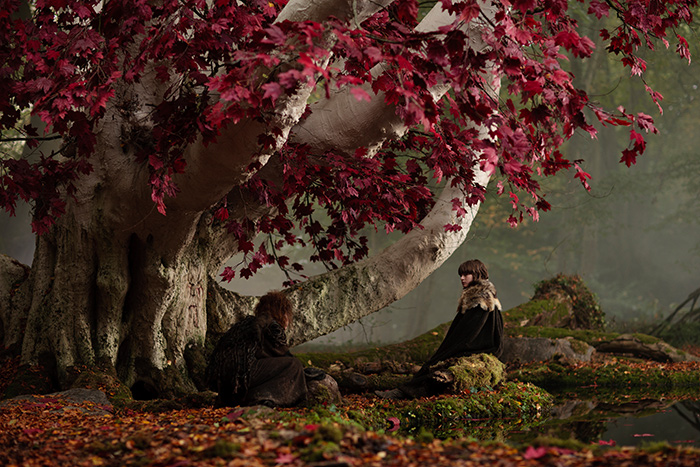 Click: here
Click: here
Categories
WDH – pdf 211
 Click: here
Click: here
 Click: here
Click: here
 Click: here
Click: here
 Click: here
Click: here
 Click: here
Click: here
 Click: here
Click: here
 Click: here
Click: here
 Click: here
Click: here
 Click: here
Click: here
 Click: here
The blank space within the post ‘Black Pigeon’s best video’ means that the Thoughtpolice of YouTube has deleted that video.
Click: here
The blank space within the post ‘Black Pigeon’s best video’ means that the Thoughtpolice of YouTube has deleted that video.
 Click: here
Click: here